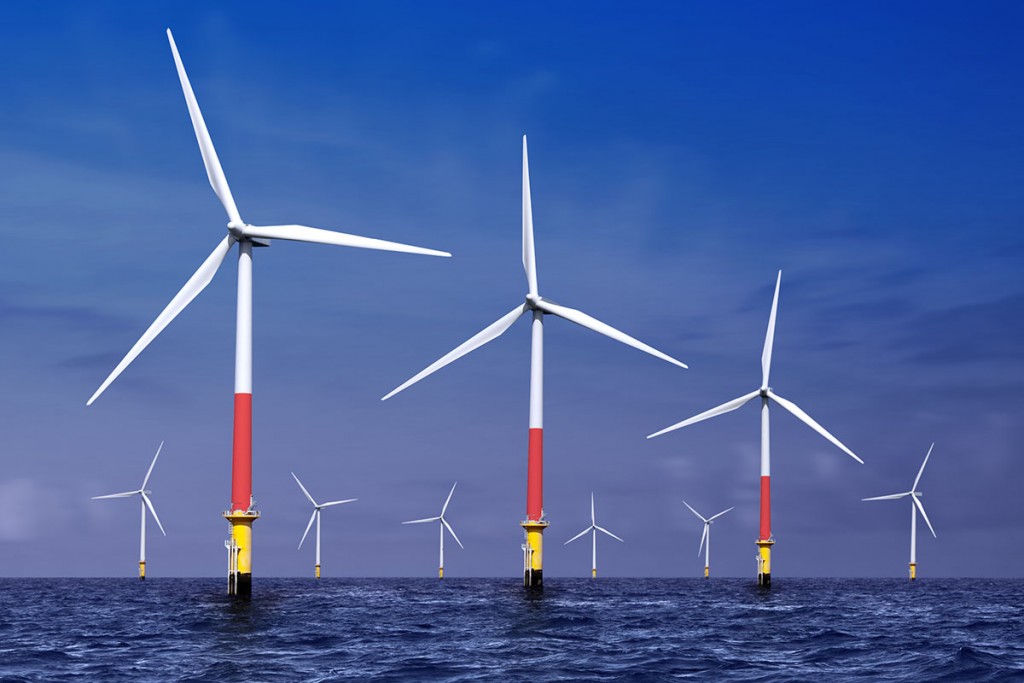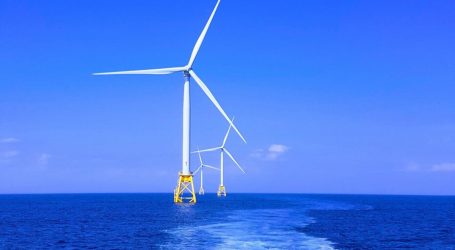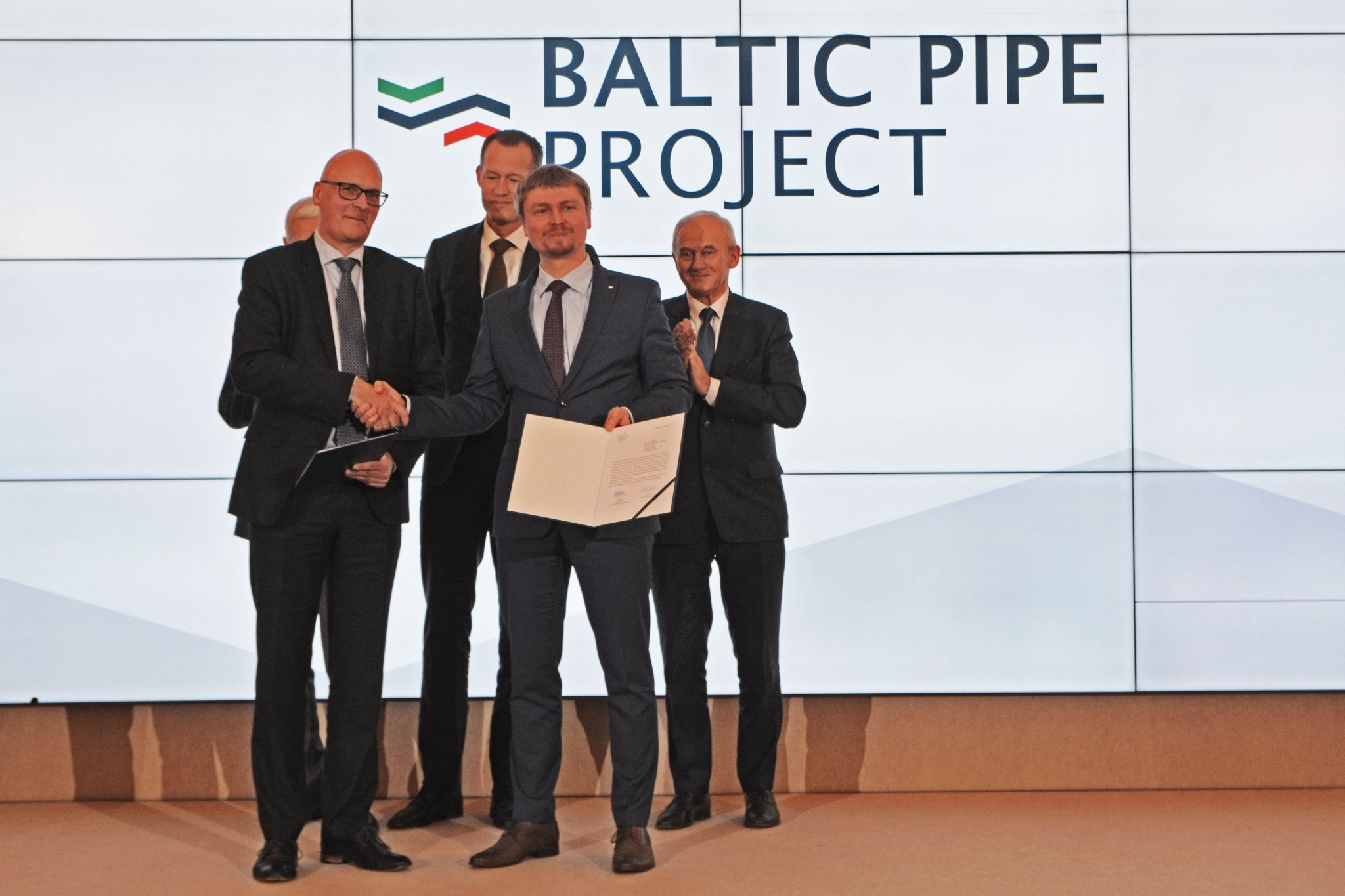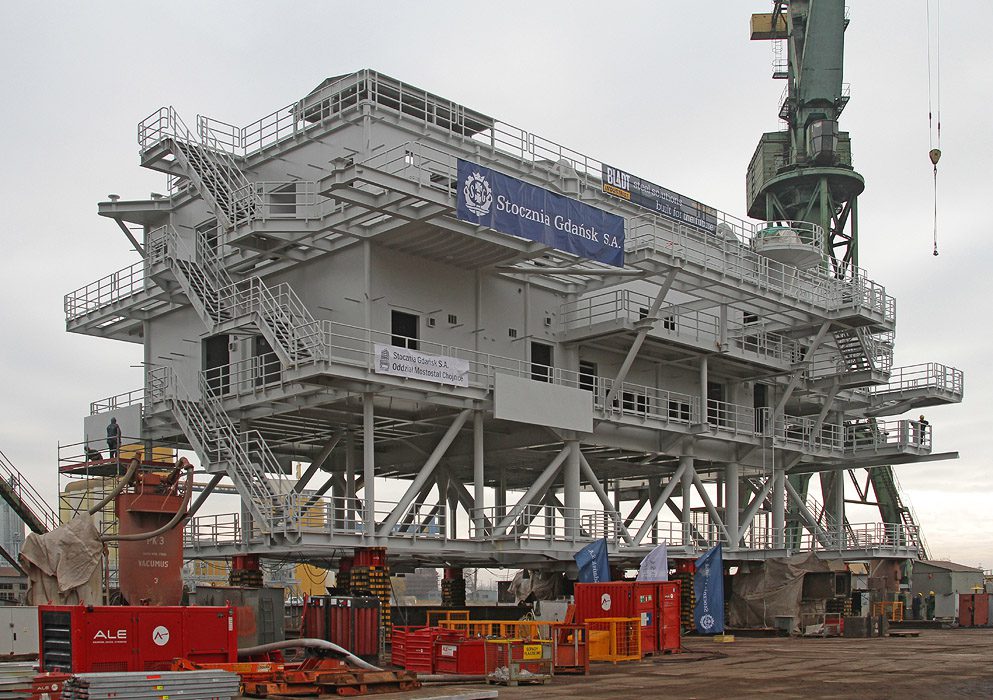Offshore energy in Poland – downwind or upwind?

Offshore may become a Polish specialty. It can be a source of cheap, clean energy and help to improve energy security. Implementation of this technology is possible if only government decision is taken. It is also important to speed up the process of obtaining permissions by investors and reduce investment costs – study by Polish think tank Forum Energii (Energy Forum) suggests.There has been much discussion about Polish companies which are becoming more open to offshore wind energy. In addition to solar energy, offshore wind farms are the fastest growing renewable technology in Europe. The most important reason for this success is the increase in generation efficiency and the decrease of costs. Even ten years ago, 1 MWh cost over PLN 1,000. Thanks to the development of technology and the optimization of the costs of connecting offshore wind farms, the costs have dropped to 340-380 PLN/MWh, depending on the project. Because the entire European Union has adopted ambitious goalsfor the development of the power industry in 2030 with regard to renewable energy and CO2 emissions reduction, additional cost reduction methods can be sought – for example by synergy with other Baltic projects to reduce the costs of connecting to the grid. Offshore energy has a significant industrial potential and Polish companies can benefit from the creation of the offshore sector in Poland.
However, the fact that offshore energy is becoming cheaper and cheaper and the Polish industry could build a development strategy based on offshore wind energy is not enough. The analysis of the possibilities of integration of this source into the national energy system is the most important. Each source of energy has different unique properties relating to operations and emissivity – atom, coal, gas, sun, and wind provide energy with varying consequences. That is why it is vital to determine the Polish energy mix. There is no doubt anymore that the Polish power industry needs modernization and low-emission diversification. In the following short study we try to answer the question, “In what way offshore energy can supplement the capacities in the national energy system so that it can operate safely in the subsequent years?” We also draw attention to the fact that a reduction of the costs of capital has a significant impact on the price of energy from offshore wind farms.
Key recommendations:
1. A decision on the development of offshore wind energy.
It is necessary to implement actions as early as now in order to launch the first power plants before 2030. The most urgent task is to reflect the unique properties of this sector in the Renewable Energy Sources Act.
2. Reduction of the time of preparation for launching an offshore farm.
Currently, it takes 14 years. In order to accelerate the process of obtaining permits by investors, both legislative actions and a more efficient operation of public administration bodies are required.
3. Reduction of regulatory risk.
Reduction of regulatory risk decreases the cost of capital obtained by investors, which implies lower energy costs from offshore wind farms. One of the possibilities is to launch a financial instrument that will protect the investors against this risk.
4. Strengthening and expanding the high voltage network in the northern part of the country.
A stronger network along the Baltic Sea coast is needed to allow for the connection of offshore wind farms. Furthermore, energy transfer from the northern part to the southern part of the country must be ensured.
5. Strengthening international cooperation in the Baltic Sea region.
Construction of offshore subsea connections will facilitate the integration of large amounts of energy from offshore wind.
rel (Forum Energii)
The full text of the study is available in a PDF file for downloading.
Title of the report: “Offshore energy. Downwind or upwind?”
Date of publication: November 2018
Author: Jan Rączka, Phd, Forum Energii
Cooperation: Joanna Maćkowiak-Pandera, Phd, Forum Energii



